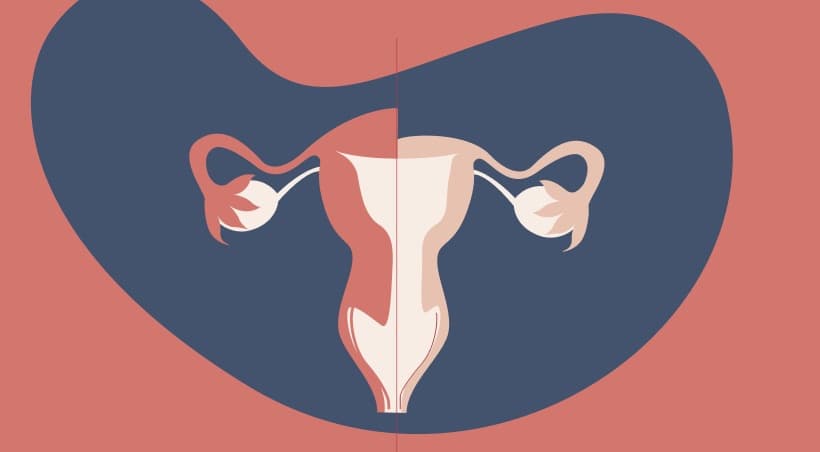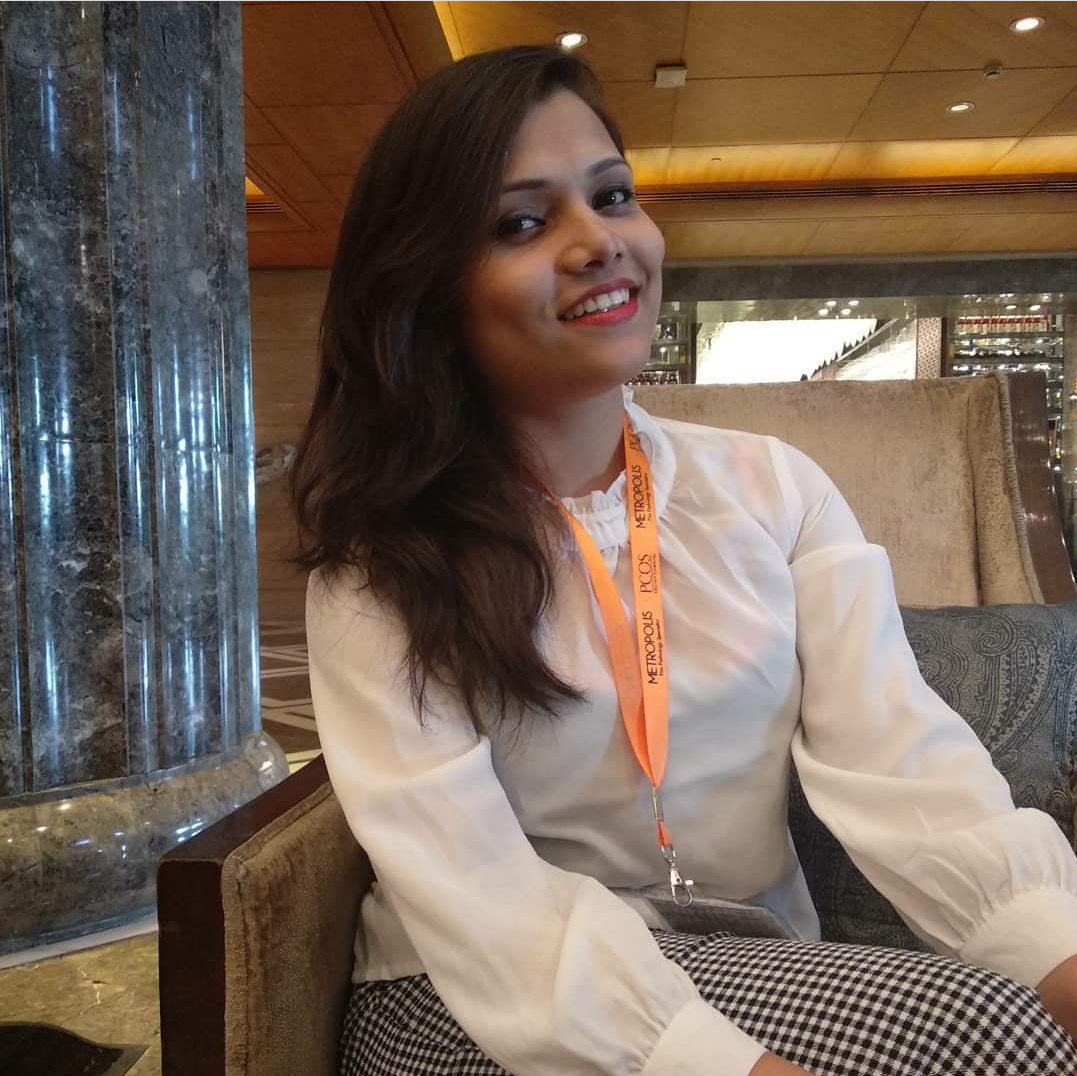Is it a good idea to get vaccinated so late?
Yes! The HPV vaccine effectively prevents infection of cervical malignancies and genital warts in both women and men. Although HPV vaccination is most effective when taken during childhood or adolescence, it can also benefit adults. It's never too late to protect yourself and your partner(s) from contracting HPV infections that may lead to cancers. The Federation of Obstetric and Gynaecological Societies of India (FOGSI) recommends getting vaccinated between the age of 9-45 years, if not already immunised.
What are the things I should know?
While the HPV vaccination process is similar to any other vaccination, talking to your health practitioner will help you be better prepared. Talk about your overall health and well-being along with your areas of concern to a gynaecologist and understand what to expect and how to go about it! This usually includes the vaccine efficiency, your sexual history and any allergies you may have previously had. It is important to know that males and females can experience HPV symptoms years later after being infected, therefore regular testing is important.
What are the common side-effects that I can expect?
The HPV vaccine has proved safe in clinical trials and for real-world use. Most people experience little to no side effects after taking the vaccination. Side-effects may include nausea and body pain (usually the arm where you got the vaccination). These symptoms typically fade fast, even without treatment.

Do I really need to take all the doses?
It is vital to complete all three doses of your HPV vaccine, ensuring maximum protection against HPV. If you are someone who started the HPV vaccine series as a child but never completed it, you should see your doctor for your final shots. You also won't have to worry about the timing—while it's great to acquire the shots at the proper intervals, you won't have to start the procedure over. Even if you received an older version of the HPV vaccine as a child, getting the current vaccine at a later age is safe.
Who should avoid taking the HPV vaccine?
- Women who are pregnant (only until pregnancy)
- Anyone who has previously experienced a life-threatening adverse response to any vaccination or any of its components.
- Anyone who has a moderate or severe sickness - should take the vaccine only after recovering.
- Anyone who has severe allergies including yeast and latex allergies.
Read More: Cervical cancer: Prevention at your fingertips
Bottom Line
If you already have a certain strain of HPV, the vaccine won't help you get rid of it but will help you from contracting another strain. The vaccine helps to provide long-term HPV protection. Even after receiving the vaccine, it is vital to note that women should visit their gynaecologist for regular Pap Tests to check for cervical cancer. Click here to know more about our HPV vaccine services.
Disclaimer: This information is educational and should not be considered medical advice. Please consult with your healthcare professionals before undertaking any changes to your health and wellness practices.
Proactive For Her is a digital clinic for women,offering accessible, personalised, and confidential healthcare solutions. We provide products and services for out-patient health concerns of Indian women across their lifetime - from puberty to pregnancy to menopause.

